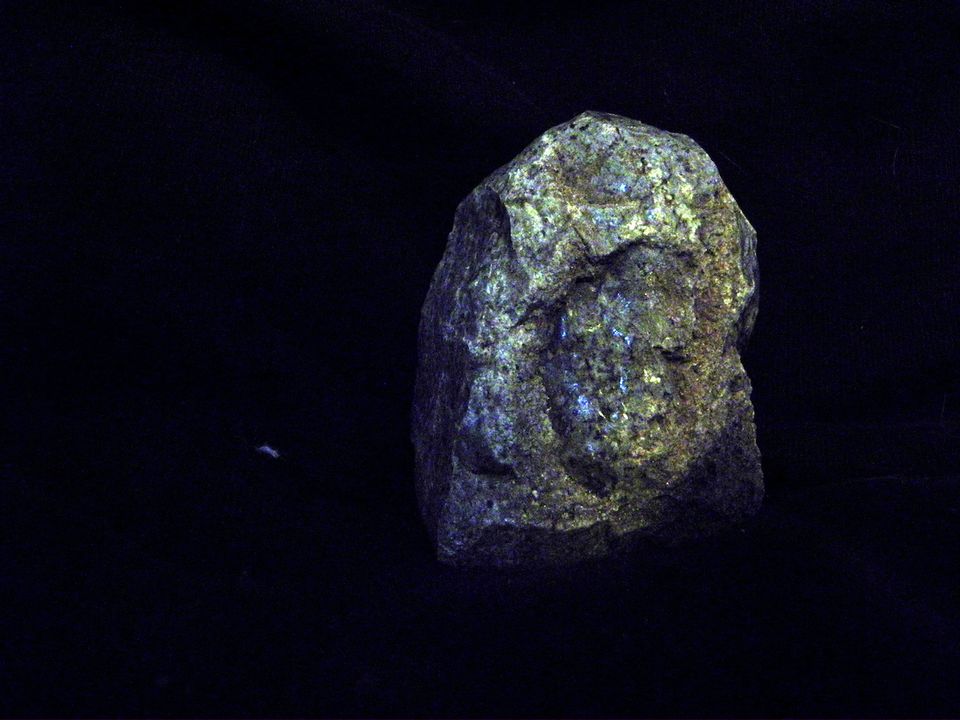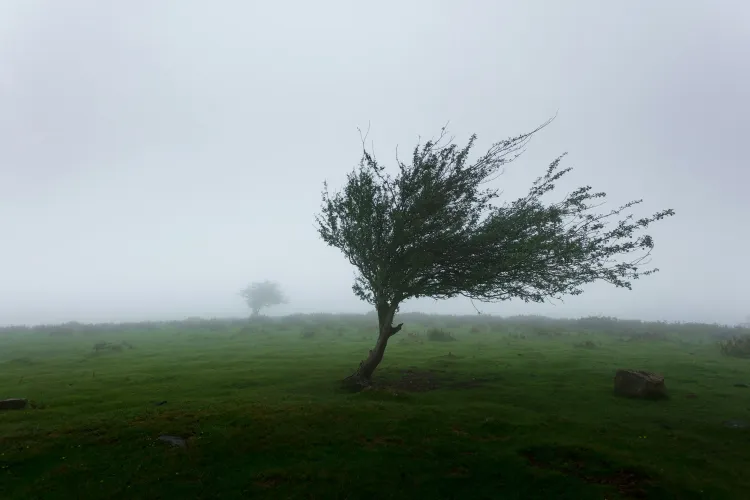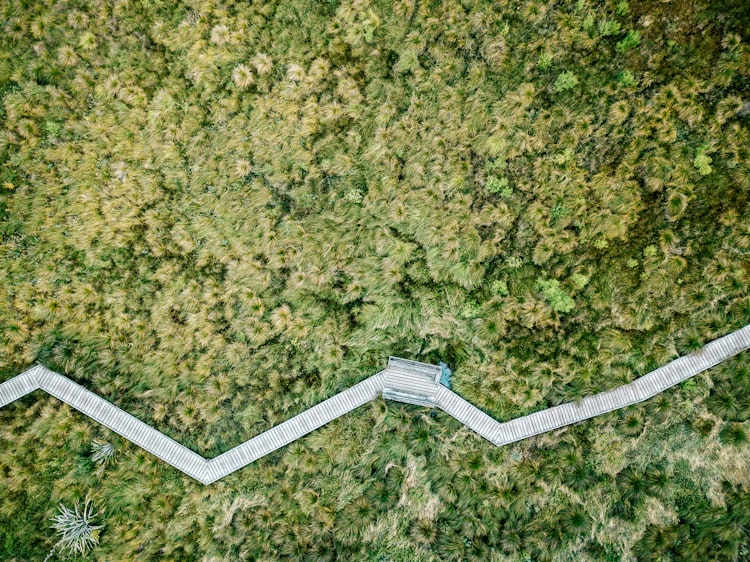You Are Not a Rock — You Are Changeable By Your Very Nature

The Tao Te Ching shows how our potential as human beings lives in the possibility of emptiness — TQ199
Verse 39 of the Tao Te Ching expresses an allegorical truth about human nature. The verse itself is quite complicated, rich in meaning, and foundational for the entire text. To keep in line with this article’s topic, I will quote only the last two stanzas:
The pieces of a chariot are uselessunless they work in accordance with the whole.A man’s life brings nothingunless he lives in accordance with the whole universe.Playing one’s partin accordance with the universeis true humility.
Truly, too much honor means no honor.It is not wise to shine like jade andresound like stone chimes. (1)
Avoid living your life like the semi-precious stone, jade.
You are not an unchanging stone. If you drop jade, it will shatter into many pieces. Jade’s essence is that it is a solid, unchanging form. You can try to break it, but it will always remain jade. As a rock pulled out of the ground, if it is polished and available for sale, or if you hit it with a hammer to break it apart, it will always be jade.
Human Beings Are Not Unchanging.
We are not a rock or even a tree. We are not a solid form. If we don't like who we are, we can change who we are. Our essential nature is not a fixed one.
We could probably argue about whether that last statement is entirely true, but consider the following:
When you die, you are no longer. When jade breaks apart, it is still jade.
Have you ever met someone who you've known for a long time but haven't seen in many years, perhaps a decade or longer? You start getting reacquainted, and you realize, this is no longer the person I once knew. Similarly, you can meet someone 10 years later and think to yourself, this person hasn't changed at all (which may or may not be a good thing).
We have the capacity to change who we are because we have the ability and the skill to do so.
Our character, our identity, and our choices are amorphous — meaning they are changeable. Our choices are not set in stone. The way in which you can be different today is in the actions you take at this moment — now.
Whatever you did yesterday that you regret today, is done. But now you have the choice — the potential — to create new possibilities by consciously taking different actions.
Our potential is the hub of a wheel — the space that allows the wheel to have its function. Many spokes attach to the hub and radiate outwards and attach to a rim that creates the potential for a wheel. What makes the wheel work is the empty space inside the hub.
In Taoism, this is considered the formless form, the potential of empty nothingness.
This is beautifully expressed in Verse 11 of the Tao Te Ching:
We join spokes together in a wheel,but it is the center holethat makes the wagon move.
We shape clay into a pot,but it is the emptiness insidethat holds whatever we want.
We hammer wood for a house,but it is the inner spacethat makes it livable.
We work with being,but non-being is what we use. (2)
If something is not working with the wheel, you can replace one of its parts. And notably, if you remove a spoke, the wheel is no longer whole. If you were to take the wheel entirely apart, you would no longer have a wheel at all. You would have various parts, none of which serve a purpose or a function on their own. However, when you connect them all together, you create a greater whole, a collection of parts with potential and purpose.
The pieces of a chariot are useless
unless they work in accordance with the whole.
It can be challenging to change our behaviours or to take different actions.
We become accustomed to habits and previous ways of doing things. We become used to how our wheel has been working, rolling along, unaware of where it has been previously. Our brains or pattern recognition machines, and we like prediction and response. In other words, we prefer habits, routines, and traditions — simply because we know what to expect.
Whenever you add a new part or swap out something that is no longer working well, there is a period of adjustment. These periods of adjustment are sometimes uncomfortable because we now have to accommodate and become used to the change. But when you commit to the change — to practicing the new habit, routine, or behaviour, over time it becomes part of your form; part of your whole.
We Do Change — We Can Change.
The potential for change is what makes us human. We change our opinions. We create new habits to replace the ones that no longer work for us. That we can change who we are and how we act in a moment is what gives us ‘control’ over who we are.
References
- (1) Dyer, Wayne W. Change Your Thoughts, Change Your Life: Living the Wisdom of the Tao. New York: Hay House, 200
- (2) Mitchel, Stephen. Tao Te Ching. New York: HarperCollins, 2000.
Image credit: Nick Perla





Member discussion